Mission and Vision
Mission: Become Men and Women for Others

At Gonzaga Preparatory and Primary School, the mission to “Become Men and Women for Others” is more than just a guiding principle; it is the very essence of the school’s educational philosophy. Rooted in the Jesuit tradition and inspired by the teachings of St. Ignatius of Loyola, this mission shapes every aspect of the Gonzaga experience, nurturing students to grow as compassionate, responsible, and service-oriented individuals.
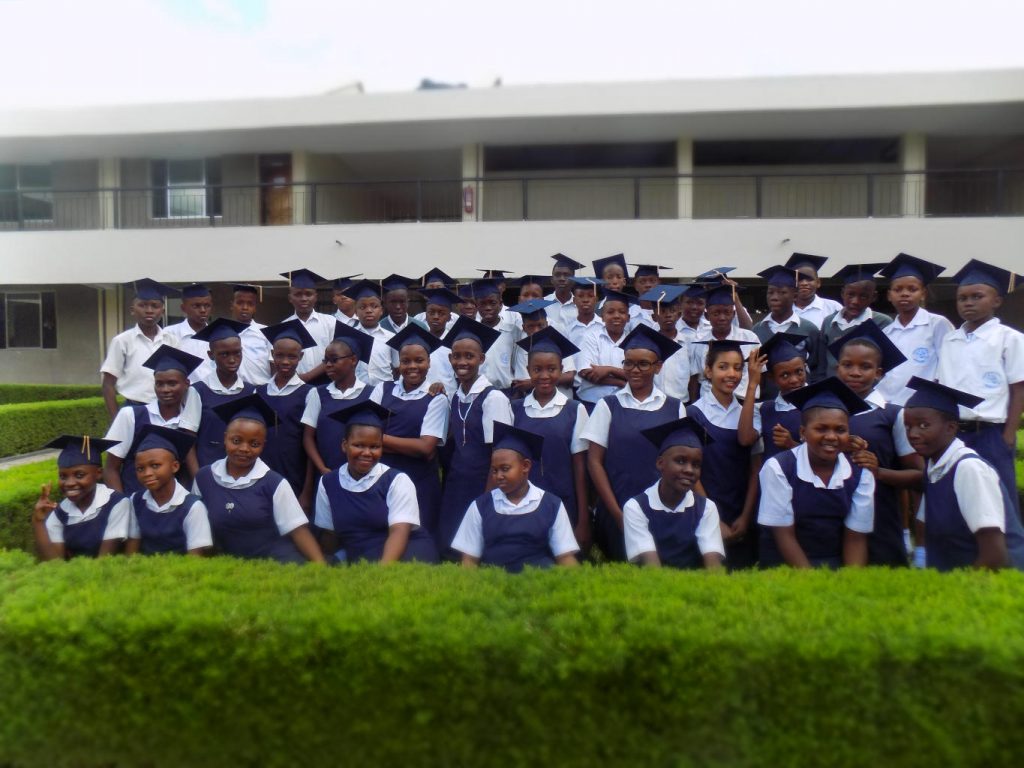
The Foundation of the Mission
The concept of becoming “men and women for others” originates from the Jesuit commitment to forming individuals who are not only intellectually competent but also morally grounded and socially responsible. This mission reflects the belief that education should go beyond academic achievement to cultivate virtues such as empathy, integrity, justice, and solidarity with those in need.

At Gonzaga, this mission is seamlessly integrated into the school’s culture, curriculum, and community activities. Students are encouraged to see beyond themselves, recognizing their role in the larger society and understanding that true leadership comes from serving others with love and humility.
The Impact of the Mission on Students
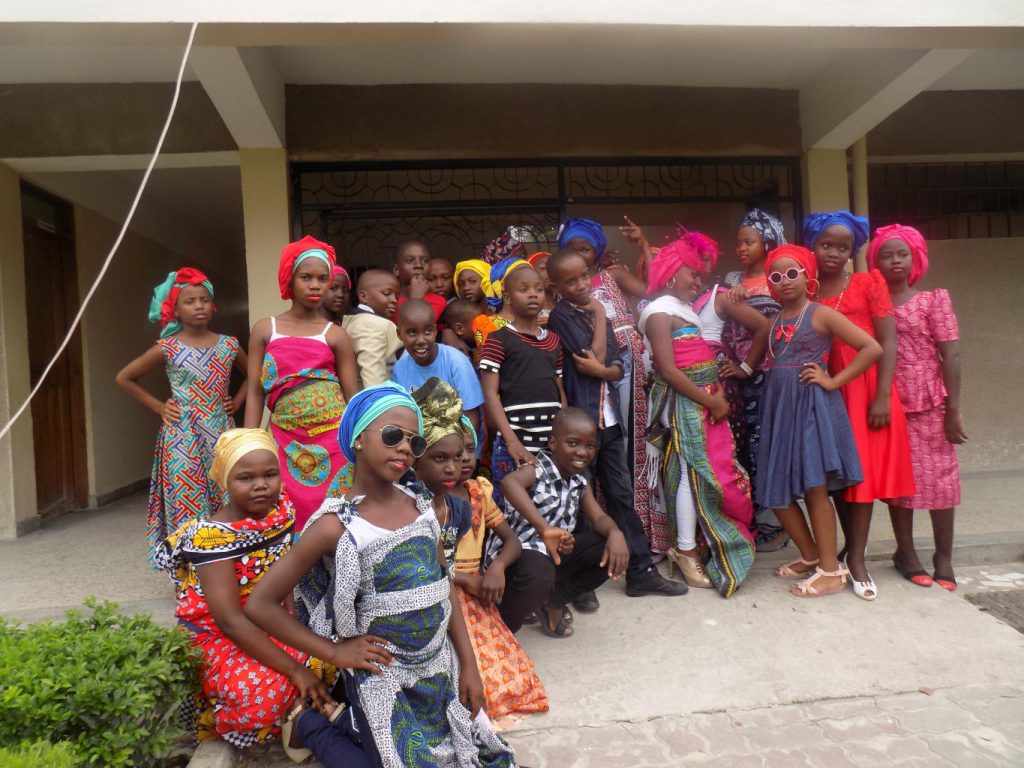
Students who graduate from Gonzaga embody the values of being men and women for others. They leave with:
- A strong sense of identity rooted in faith, compassion, and justice.
- The ability to advocate for the marginalized and speak out against injustices.
- A lifelong commitment to volunteerism, social activism, and community leadership.
- The skills to make ethical decisions in both their personal and professional lives.
Vision: Seek the Greater Glory of God

At Gonzaga Preparatory and Primary School, the vision to “Seek the Greater Glory of God” is the cornerstone of the school’s identity and purpose. Rooted deeply in the Jesuit educational tradition, this vision is not merely a philosophical statement but a guiding principle that shapes every facet of the school’s operations from academic excellence and character formation to community service and spiritual growth.
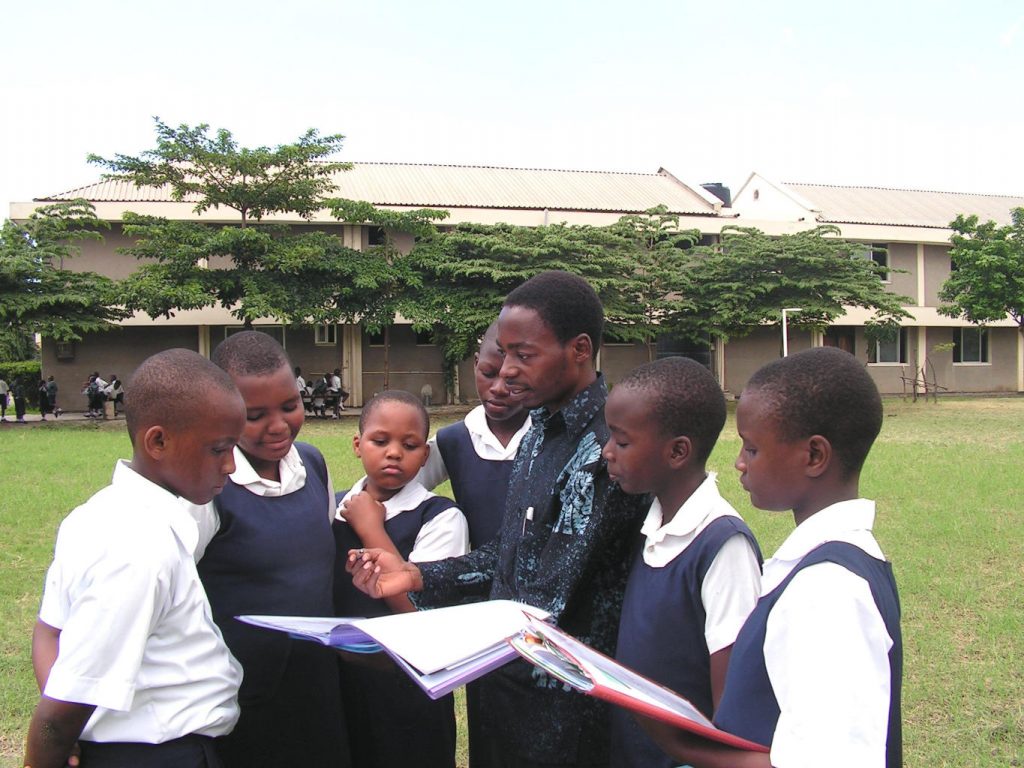
The Jesuit Foundation of the Vision
The phrase “Seek the Greater Glory of God” is inspired by the Latin motto “Ad Majorem Dei Gloriam” (AMDG), which translates to For the Greater Glory of God. This was the foundational principle of St. Ignatius of Loyola, the founder of the Society of Jesus (Jesuits). It reflects the belief that all human actions, no matter how small, can be offerings to God when done with the right intention and purpose.
At Gonzaga, this vision permeates every aspect of school life. Students, teachers, and the wider school community are encouraged to see their daily activities whether academic pursuits, sports, arts, or community service as opportunities to honor and glorify God. The emphasis is not solely on religious practices but on cultivating a God-centered mindset that integrates faith with everyday life.
Impact of the Vision on Students and the Community
The vision to seek the greater glory of God shapes Gonzaga students to be:
- Academically excellent individuals who use their knowledge and skills responsibly.
- Compassionate leaders committed to social justice, community service, and the common good.
- Spiritually grounded young people with a strong moral compass, capable of making ethical decisions.
- Agents of positive change in their families, communities, and the world, motivated by a desire to reflect God’s love and justice.
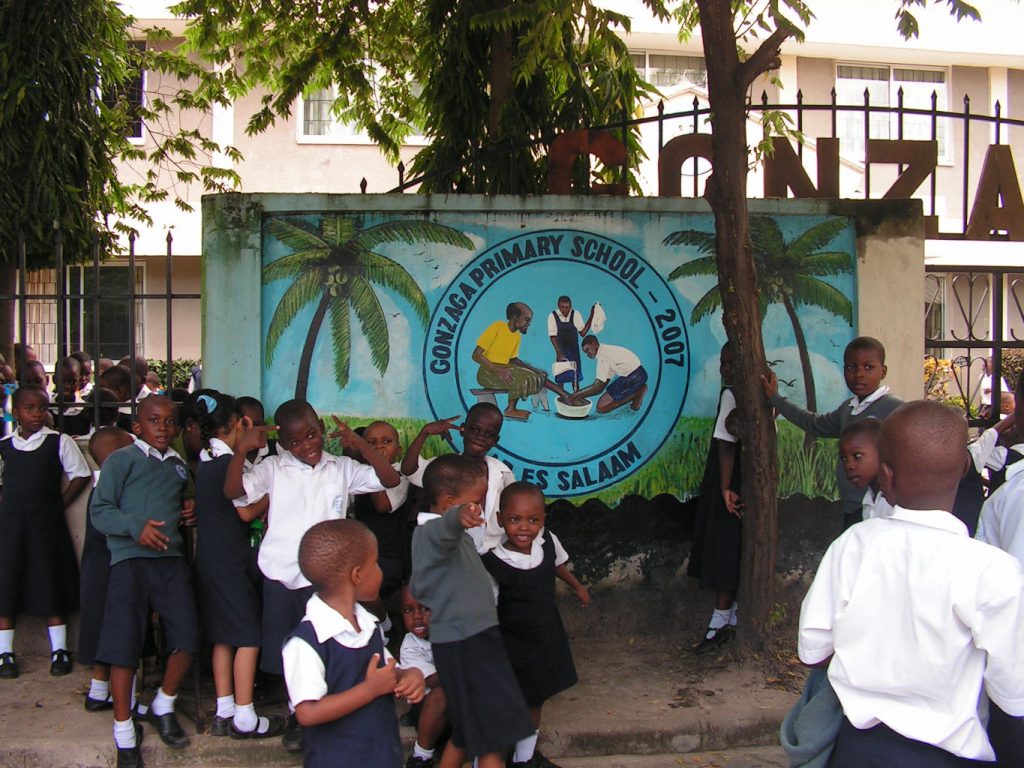

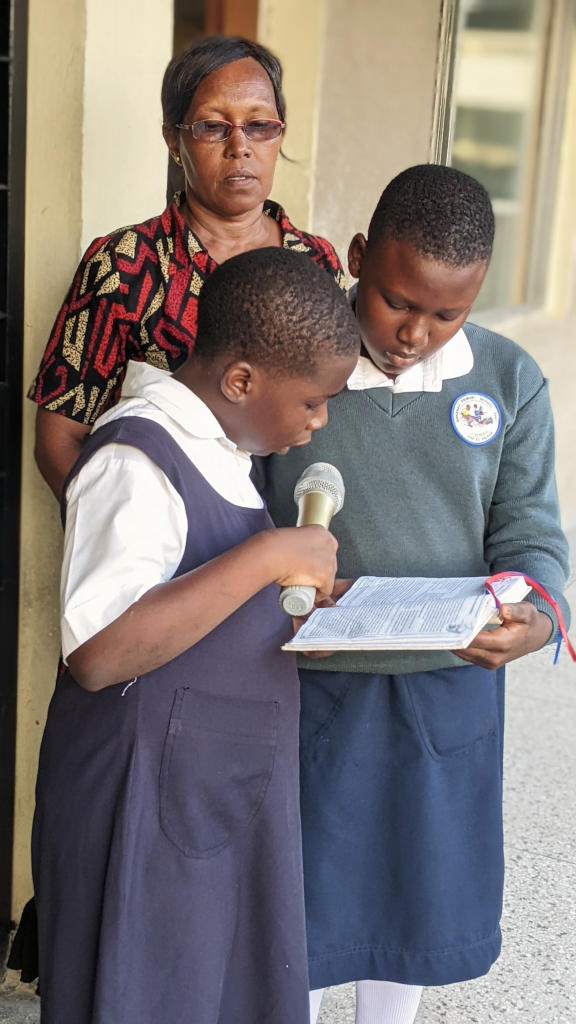

The vision to “Seek the Greater Glory of God” is not a distant ideal at Gonzaga Preparatory and Primary School; it is a living reality woven into the fabric of daily life. Through academic rigor, spiritual formation, community service, and personal reflection, Gonzaga fosters an environment where every student is encouraged to discover their purpose, develop their potential, and dedicate their lives to glorifying God through love, service, and excellence.
This vision continues to inspire generations of students to become beacons of light in their communities, living lives that reflect not just success, but significance in the eyes of God.
Motto: Education for Love and Service
At Gonzaga Preparatory and Primary School, the motto “Education for Love and Service” is more than just words; it embodies the school’s core identity, philosophy, and purpose. Rooted in the Jesuit tradition and inspired by the life of St. Aloysius Gonzaga, this motto reflects the school’s commitment to nurturing students who excel not only academically but also as compassionate, ethical, and service-oriented individuals.

Understanding the Motto
The motto consists of two key principles:
- Education for Love: This emphasizes the formation of individuals who are capable of deep empathy, kindness, and compassion. It means educating students to understand, appreciate, and respect others, fostering a sense of universal brotherhood and sisterhood.
- Education for Service: This highlights the belief that the true purpose of education is not self-centered success but the ability to make meaningful contributions to society, especially towards the marginalized and vulnerable. At Gonzaga, students are taught that their knowledge and skills are tools to uplift communities and promote social justice.
Together, these principles form a holistic educational approach that balances intellectual growth with moral integrity, spiritual depth, and a commitment to the common good.
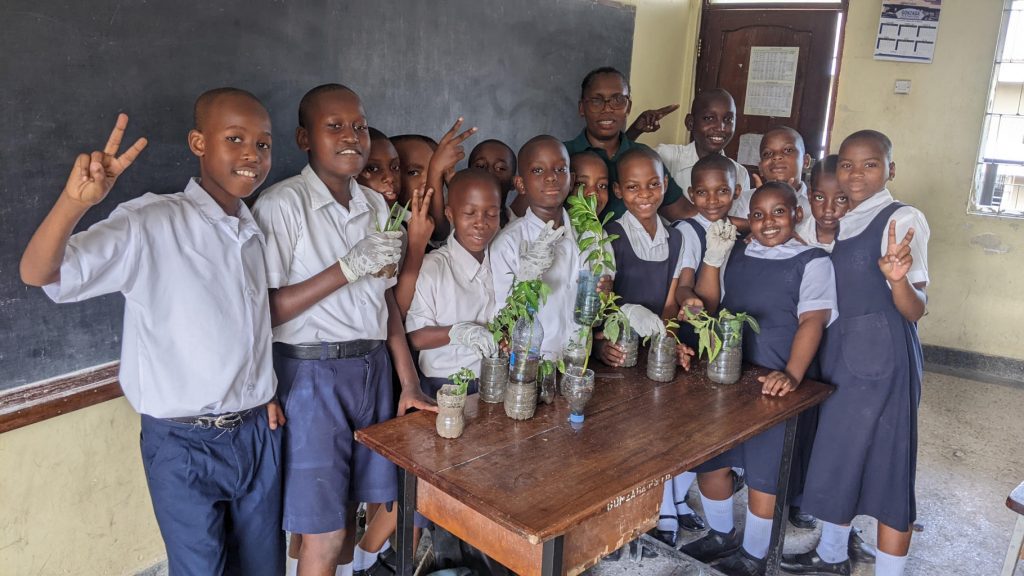
The motto “Education for Love and Service” is not just a statement at Gonzaga Preparatory and Primary School; it is a living philosophy that shapes every student, teacher, and community member. Through academic rigor, spiritual growth, and community engagement, Gonzaga cultivates individuals who are not only prepared for personal success but are also driven by a higher purpose to live lives marked by compassion, integrity, and a commitment to serve others.
In a world often marked by division and self-interest, Gonzaga’s motto stands as a beacon of hope, reminding us that the true measure of education is not in what we achieve for ourselves, but in how we use our gifts to make the world a better place.
